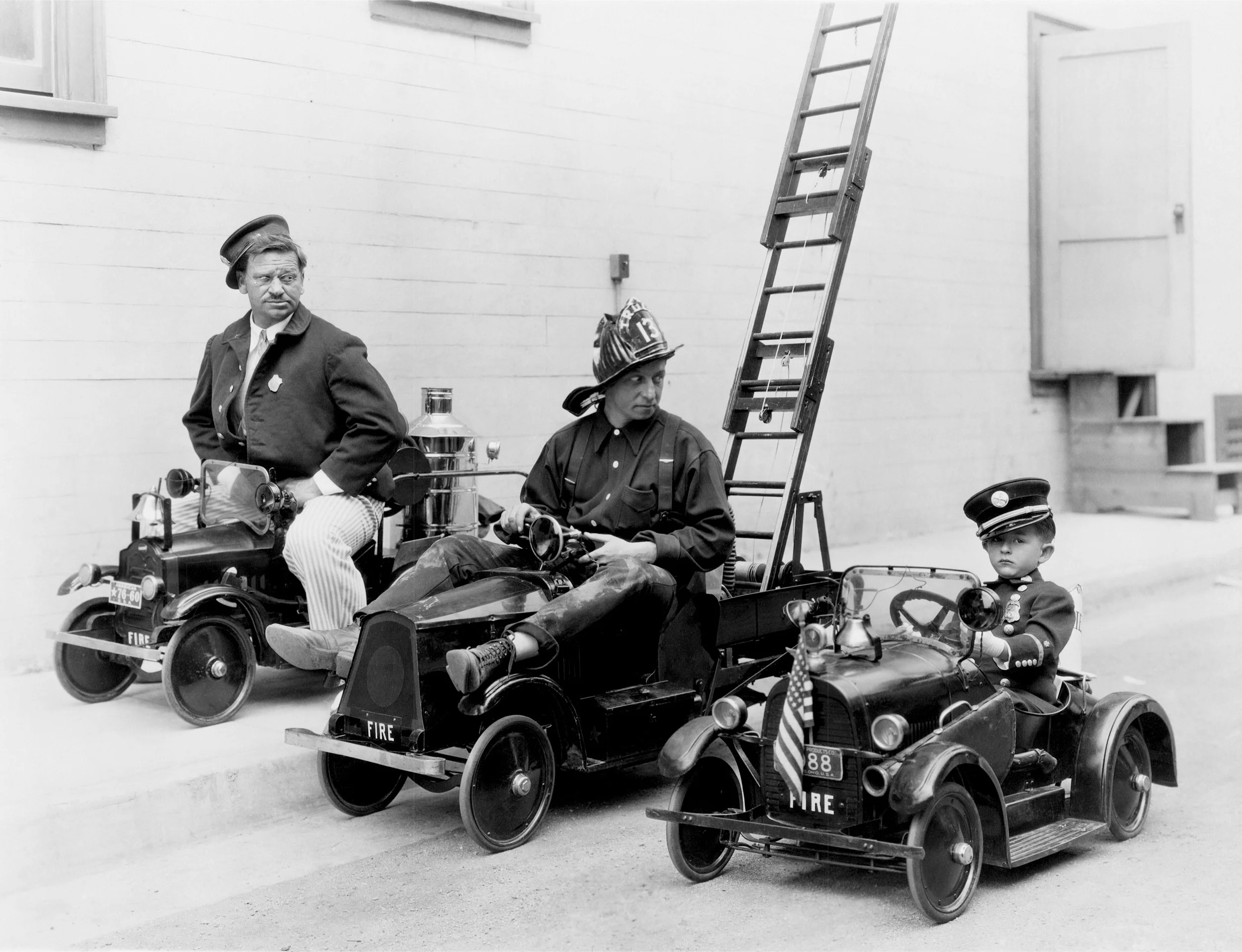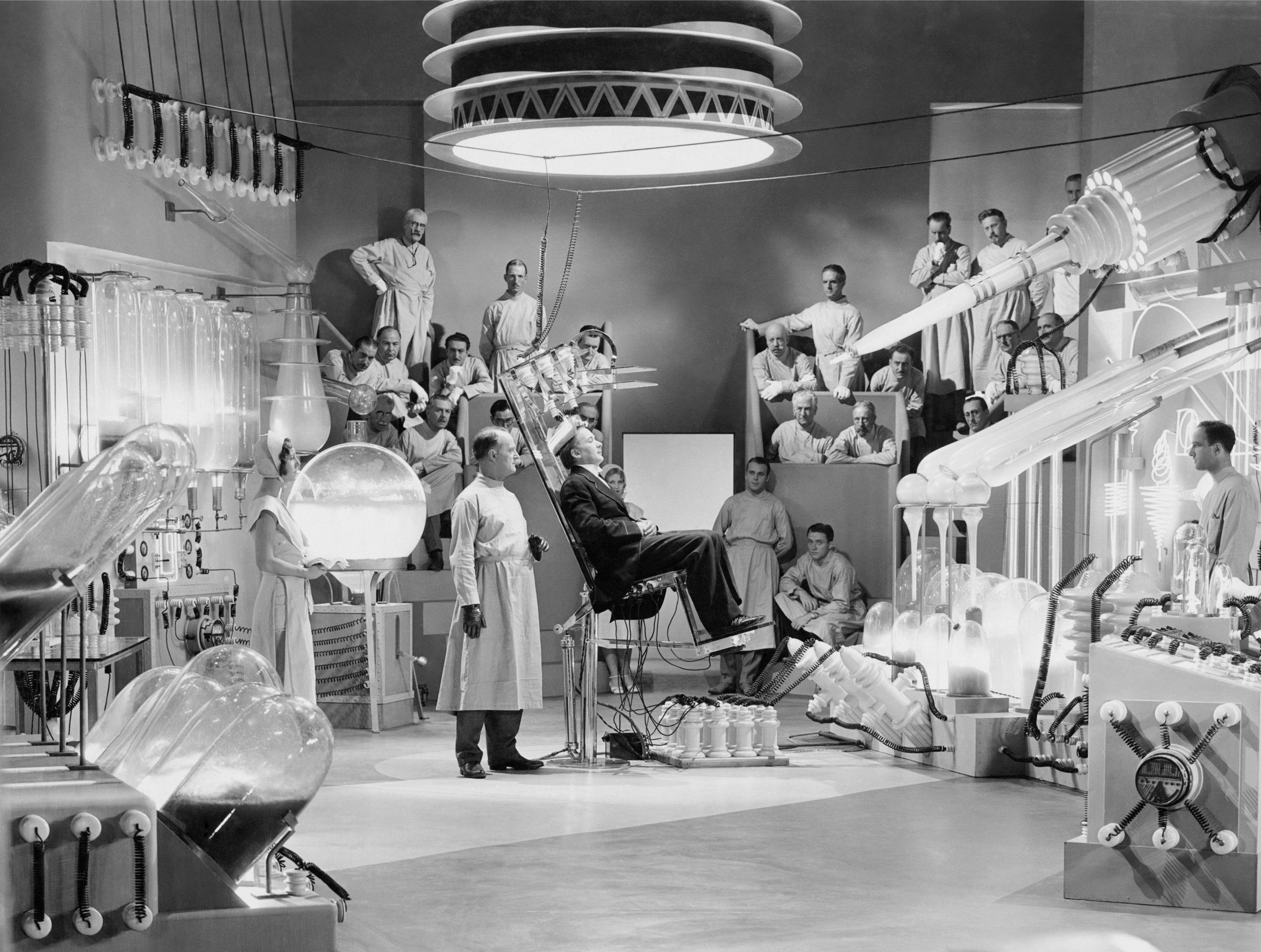The Solutions (Chapter Eleven)
“It takes a lot to know a man. It takes a lot to understand the warrior, the sage, the little boy enraged.
It takes a lot to know a woman. A lot to understand what’s humming. The honey bee, the sting, the little girl with wings.
…
It takes a lot to breathe, to touch, to feel the slow reveal of what another body needs.”
“Good morning. Before you get up and we remove the sensors, I need to ask you some questions.”
Shivers ran down the spine. You went cold and the voice could not pass the lips.
“Do you remember anything from last night? Any part of your dream?”
Faint with horror, the color drained from your face. It was as if someone walked over your grave. The body trembled like a leaf, the hairs on the neck stood up, and the heart missed a beat.
“Did it happen? Did I do it?”
“We can talk about that later. Just focus on remembering anything you can.”
“Doctor, I did it, didn’t I?” I don’t remember anything. I never do. Just a voice was lulling me to sleep. That’s the last thing.”
“I’m going to show you the video from last night. Perhaps it will help you to recollect. Would that be ok?”
You weren’t sure you wanted to see it as fear found you again. It spoke to you in its cackling voice. It told your legs to wobble, your insides to churn, and the heart to ache.
“No, Doctor, I can’t. I just can’t. Please help me. I’m scared.”
(Pause)
It was then an uneasiness crept over me. My palms were sweaty, and the adrenaline was coursing through my system. For once again, I had come face to face with you, that woman, that man, that girl, that little boy blue from years ago. And I wonder if it’s possible to quell fear when knowing the terror lies in the journey about to begin. If it’s possible to build the courage to go against everything you have ever known when I too harbor doubts about the sacrifice, the pain to be endured. “It takes a lot to breathe, to touch, to feel” another body’s need.
“I’m scared too.”
Shut Up
“So your advice after a million-dollar workup, the sleep studies, the blood tests, the x-rays, the examinations, and visits, after all that, your advice to me is to SHUT UP?”
“Yes.”
We seldom search for the origin of the pangs and pains which beset and torture us later in life. Though we suffer day to day from the ravages of an insidious enemy, most will remain oblivious to the end. An ancient proverb among the Indians of Norther America reads, “My child, if you would be wise, open your eyes, your ears next, and last of all, your mouth, that your words may be words of wisdom.”
It is time to connect with our human past. It is time to smile and seldom laugh. Though you may remain loquacious and fond of the story and playful fun in your fireside circles, you will feel and express pleasure and pain, surprise and sorrow without the explosive action of muscles and gesticulation. It is time to meet the emotions of life, however sudden and exciting they may be, with lips closed, teeth together, and tongue on the roof of the mouth.
Shut your mouth when you read, when you write, when you cough, when you run, when you laugh, when you cry, and in particular, when you are angry. Like those who walked before us, shut your mouth to feel the rumble of the earthquake, see the flash of the thunder, and meet the roar of the bear.
Sometimes, the seemingly most simple thing to do is the single most difficult thing. The younger the age, the more vigilant you must be to lead your children on the path to beauty and health. The more advanced the age, the more sternness of resolution and perseverance necessary you will need to defeat the monster that disfigures and impairs.
Lips closed. Teeth together. Tongue at the roof of your mouth.
Are you ready to follow this advice? Are you ready to benefit from life and health? Stop, don’t answer, just nod and shut up.
Shut Up and Sleep
“Who are you?”
“I am Death.”
“You have come for me?”
“I have come every night, but now I shall take you home.”
You go to sleep and awaken, with your mouth closed, never knowing an insidious vice, like an angel of darkness, comes during sleep to do its work of death while you lay unconscious.
Sleep is the rejuvenator of health, the food of life but only if had in the way nature designed. No animal in the wild sleeps with its mouth open. But when night falls, and the air is at its coldest, the powers of resistance give way, and the body is most vulnerable, you open your mouth to draw in the wind that chills the lungs, racks the brains, bloats the stomach, and brings trolls and fairies to dance before you in the night. Never knowing the pleasure of sleep, you rise in the morning more tired than when you retired, taking pills and remedies by the day only to renew a harrowing disease by night.
Close your mouth when you close your eyes. Draw the curtain not of the cradle but the lungs. Mothers lowering your infant from the breast and fathers lulling your child to sleep, gently press the lips together to enforce the law of nature until fixing the habit for life. Like a guardian angel, sit by your children as they sleep and protect them during their most formative years. These innocent and helpless starts foreshadow life’s most celebrated successes or worst misfortunes. If you have grown to the age of discretion, no matter near the beginning or end of life, the choice between joy or misery is still in your control.
Shut up and Chew
You sit alone on a dark path. Not sure of which direction to go, you forgot where you came from and where you are going. You remember nothing. Looking up, you see an elderly doctor. He grins toothlessly and speaks in a strangely familiar voice.
“Do you remember what I told you?”
“No, Doctor, I do not.”
Drooling, he pulls out a torn piece of paper like that of a fortune cookie. After a few moments of feverish writing that nearly broke the pencil, he hands you the paper with a smile.
Muscle Shapes Bone
Every muscle has an effect on the bone it acts upon. In a wave motion from front to back, the tongue places a forward, upward, and outward force on the maxilla, leading to optimal facial development.
Is swallowing with the lips closed, teeth together, and tongue on the roof of the mouth uncomfortable? Are you straining lip, cheek, and chin muscles or even jerking the head while swallowing? Different muscles are used to chew with the mouth open instead of closed. Muscles are powerful, and an incorrect chew and swallow twists and deforms bones over time. Chewing and swallowing with good oral posture is essential during childhood when bones grow. The impact is also pertinent in adulthood as the bone remodels with osteoblasts laying down new bone and osteoclasts destroying old bone.
Wind shapes stone. Muscle shapes bone. The smallest forces of nature can leave the greatest impact.
Cradleboard
Parents ask me for advice on how to help their child sleep. An awkward pause ensues as I contemplate how to explain to them the concept of a cradleboard.
Swaddling was a universal child-care practice before the 18th century.
Properly swaddled babies arouse less and sleep more. The learn to self-regulate and cry and startle less.
Breastfeed
You should know better than to open the door to strangers. The milkman is particularly nefarious as he bears milk from a bottle rather than a breast. The ease of calories weakens the jaws, opens the mouth, and malforms the face.
Breastfeed, if possible, until age 4, when 60 percent of the face has developed.
Stay Cool
The Monster
There’s a monster in your bed, lying beside your head.
Arms and legs entwined in love, it sighs and coos, like a dove.
Beset in a warm embrace, beads of sweat form on your face.
Spooning tighter, and if you stir, it snuggles closer and whispers, “Hrrr.”
Trapped, cannot flee, but “Crap, I gotta pee!”
It’s a cute to have a snuggle monster as it’s truly not a beast, so close your eyes with a smile as you do not wish to be released.
Beware of the snuggle monster. There is nothing more natural than to embrace your sleeping child and nothing more perilous to its health. It is the tender sympathies of love and instinct that draw your arms around the chest and legs over the hips. Snuggling added to the unnatural warmth of swaddling, beanies, and a heated room cause little mouths to open and gasp for breath.
There is a mistaken belief that warmth is essential for sleep. Nothing is further from the truth. We are born to breathe the chill air. The coldness prompts us to shut our mouths, calm our minds, and fall asleep. Our ancestors had the advantage of moving about and sleeping in the open air.
Be wary of blankets and clothes that unduly make you warm in bed. Young or old, be careful of the heated exhalation of another. For beneath the sheets, beneath the monster, beneath the surface is a little open mouth that warns of coming future sorrow.
Shut your mouth, your mind, and stay cool.
Add Zen to your Pen
“Mama, come quick! There’s a monster under my bed!”
It was there, out of sight, moving, growing, but always there. You imagine its musty breath brushing against your neck. You dread its icky fingers stroking your pretty little hair. However, it was then a sick sense of curiosity grips you, finally overpowering. Your lips peel open in silent terror as you peek under the bed. It had never been so close. You could see its form, a collection of limbs crudely thrown together like a ball of hair. It was the eyes that made you tremble, dead skin tangles infested with mites. With a wisp of wind, it quickly fled, like a rabbit, into the depths of the underbed. There it remained, crouched in the darkest corner of the room. The door opens. Drawing the pestilent draft, your body arches, and head snaps, releasing a deafening “Uh-Uh-Achooooooooooooo!”
“Honey, the only thing down there is your underwear.”
Beware of the Dust Bunny. It is out of sight, moving, growing, but always there.
Our ancestors lived as one with nature, moving from place to place, and had few, if any, possessions. They hunted when they were hungry, slept when they were tired, and when the land was bare of fruit and meat, they moved on. Meanwhile, the clutter, warmth, and allergens of a home ensnare you. It is captivity that has rendered you susceptible to allergies, nasal congestion, and mouth breathing.
It is time to replace carpet with hardwood floors, encase bedding in dust-mite covers, wash clothing in blistering hot water, leave floors bare, minimize furnishings, donate stuffed animals, use leather, glass, wood, or metal furniture, remove shoes, ban smoking, trap microparticles in vacuum, heater, and air-conditioner filters, store food in sealed containers, and so on. In short, it is time to return to a simple way of life and add Zen to your pen.
Do Not Eat From the Forbidden Tree
Whatever it is, the way you tell your story online can make all the difference.
“May I eat freely from the garden?”
“All but the forbidden fruit. In the garden of good and evil, from this moment forward, by chance or providence, you are forbidden to touch it, to taste it, to experience every sensual pleasure to be had in it.”
“And Doctor, if I defy you?”
“You may die.”
Allergies can cause a rash, swollen airways, anaphylaxis, and death. Swelling the mouth, tongue, nose, and throat within a diminutive bony scaffold leads to overcrowding and mouth breathing.
It is not enough to add Zen to your pen. Allergy testing is critical to know which specific foods, drugs, animals, and irritants to avoid.
Shut up and do not eat from the forbidden tree. Desire is humanity’s greatest enemy. It will kill you, or will you kill it?
Masticate
“I want you to masticate.”
“How often, doctor?”
“Three times a day - morning, noon, and night - sometimes more if you’re bored.”
“Any particular place?”
“No. It can be in a movie theater…or at a picnic table in the park…or even an office holiday party.”
“Can I do it with a friend?”
“Yes, of course, and family members too.”
Strong jaw muscles are critical for good oral posture. The masseter, temporalis, and medial pterygoid muscles close the mouth. Strengthening these muscles by chewing hard food will give you the strength to keep the mouth shut, especially during sleep.
The key to accomplishing this is to increase your masticatory effort per calorie. Give a baby a nipple, not a bottle that offers easy, free-flowing calories. Skip the mush and breastfeed until the child is old enough to gnaw chicken off a bone and other solid food safely. As an adult, eat raw versus cooked, crude versus processed, and hard versus soft food.
Stop what you are doing and masticate.
Stand Tall
Dear Doctor
My posture sucks. My belly sticks out, and I look like a neanderthal. I try to make a conscious effort to stand up straight, but hunching feels sooooo good! Even though I’ve always been a sloucher, it is starting to affect my self-esteem. My last date asked me if I played contact sports or had been in a car accident. I don’t want to come across as a person without confidence.
Patient
We are constantly communicating, even if not speaking. This communication happens on a subconscious level. How you carry yourself affects how others perceive you and how you perceive yourself. The body and mind are not separate but are intimately connected and reflect one another. Empowerment comes from being conscious of this communication.
The key to change is proper posture. Oral posture is lips closed, teeth together, and tongue on the roof of the mouth. Head posture is imagining being held by a string pulling up the back of the crown, thereby tucking in the chin. Body posture is standing against a wall, weight distributed evenly, looking straight, with the back of the feet, shoulders, and head touching the wall.
Think of bone more as clay than stone. Muscles shape bone, and, for better or worse, one small change has a cascading effect. A shift in posture changes the distribution of weight which affects bone growth. The bone is the effect, not the cause of the problem. Crooked teeth, slumped spines, and bent knees are the effect of muscular imbalance. So when dealing with TMJ pain, back pain, and knee pain, you merely see the aftermath of what your facial muscles have done. Even if growth has stopped, bone remodeling continues. The body never loses the ability to regenerate, to strengthen. You have an opportunity to heal each time you stand.
Lighten your Load
Does size matter?
The skull is a rigid, bony cage that cannot stretch. It houses and protects the brain, eyes, tongue, and teeth. Oral breathing causes the jaws to diminish in size by developing backward, inward, and downward. Regardless of jaw growth, or lack thereof, the DNA or genetic code will ensure that our soft tissues grow fully. Soft tissues (such as the tongue and nasal septum) that grow to their full size within cranial bones and cavities that lack proper dimensions result in overcrowding and an increase in resistance to breathing. Remember the analogy of overstuffing a suitcase.
The problem leaves two options, reducing items in the suitcase to make it roomier or enlarging the suitcase to make it bigger. Lightening the suitcase involves soft-tissue surgeries such as shrinking the nasal turbinates, straightening the nasal septum, removing tonsils and adenoids, reducing the size of the tongue, or trimming the thingamajigger dangling at the back of your throat.
Enlarging the suitcase involves bone surgeries such as widening and advancing the jaws.
So does size matter?
F*ck yeah!
Widen the Maxilla
"So, what brings you happiness?"
The journey was long, and the path was not always beautiful, but you've come to a place like no other you have been. It is a place with a bit more time and a few more gentle words, where embracing life's beauty and simplicity mean the most.
"Going to a café with a book, having a cup of tea while reading, and perhaps starting a conversation with a perfect stranger
…and making dinner for my family and seeing how much they enjoy it and appreciate it.
…and sitting alone with my thoughts in the quiet sunshine at home.
….or playing and teaching a board game to my daughter and watching her teach it to other people."
The maxilla bestows beauty, and beautiful things happen when the maxilla is shaped the way nature intended. By expanding the upper jaw, you go through a literal expansion and open in other ways. You open your heart and your personality. Relationships change. You become more pleasant, more content. You will be healthier and happier, smiling and laughing spontaneously. You will look and feel and exude confidence.
Expand the maxilla by widening the roof of your mouth. It's best to do it as a child. The cranial sutures are not fused, and you are still growing. You will don a broad smile and high cheekbones, as not only the maxilla but every bone attached to it widens. Once you are an adult, the cranial sutures are fused, but an expansion of the maxilla is still possible.
So what makes you happy? Simply put, it's just air.
Advance the Jaws
“Wow, what a wonderful anniversary. I can’t believe it’s been ten years.”
“Honey, I think you’re mistaken. Today isn’t our wedding anniversary.”
“Who said anything about our wedding?”
There are many days you may not remember, but there is a day you will never forget. It is a day so profound that it divides a life before and a life after. That day is not the day you exchange vows, earn a degree, or watch your baby take its first breath; that day is the day you cut the skull and advance the jaws.
Advancing the maxilla or mandible, more commonly both, is the single most effective method of enlarging the suitcase to restore airway patency, primarily between the ages of sixteen and sixty. It is also the single most dismissed option.
The decision to undergo surgery is scary. You are anxious about what you may look like, knowing it will be different. Panic sets in as you envision your mouth banded shut, fearing not being able to breathe. You recoil at the thought of not chewing for weeks, using a turkey baster to subsist. Then there is the anticipated pain, blood loss, sleeping upright, mood swings, drooling, communicating by pen and pad, and numbness in parts of the face that may or may not go away.
Yet what emerges from newfound airway patency is a new sense of purpose, hope, and self-love. The world becomes a much different place, much brighter. You are able to think about things, less impulsive. You can do things you never thought you could do, pursue dreams. You look and feel younger, awakening every morning with energy and vitality. You become a better husband, mother, and friend.
Sometimes the scariest decisions in life are also those that bring the most happiness.
Myofunctional Therapy
“Stop it, Doctor!” I can’t take it anymore. I can’t roll my tongue like a taco. I can’t swallow ten times. But I can do this…Herrhem! Phtu!”
Spitting saliva on someone is a sign of protest to behavior deemed unacceptable, but the action can be amplified by collecting extra mucous to form a more robust and revolting discharge. Victims of a loogie strike recognize the dishonor and recall the incident long after the wetness dissipates. To hock a loogie in rage is a grave intensification of the conflict. However, to hock a loogie and have it fall short onto your shirt due to weak face, tongue, and throat muscles accentuates the pinnacle of defeat.
“Here’s a tissue. Now, shall we resume the exercises?”
Nothing, not Zenning your pen, cooling your room, cutting your skull, absolutely nothing will work unless you increase your airway tone. Good oral posture and eating hard food should suffice. But if a lifetime of mouth breathing has rendered your face, tongue, and throat muscles weak, then myofunctional therapy is necessary. The tasks are tedious and time-consuming. Let’s give them a try.
Breathe in and out of each nostril.
With the tongue on the roof of your mouth and lips closed, bite down and swallow.
Create a suction seal with the tongue and the top of the mouth and release it with a pop.
Open and close your mouth with your tongue on the roof of the mouth.
Touch your nose, chin, left cheek, and right cheek with the tongue.
Roll your tongue like a taco and stick it out.
Push your tongue against a spoon. Hold a weighted spoon between your lips.
Tie a button to a string, place it between your tightly closed lips, and pull.
Blow air to puff your right cheek, left cheek, lower lip, and upper lip.
Close your mouth and hold your tongue between the upper lip and teeth and then between the lower lip and teeth.
Hold each position for ten seconds and repeat ten times, morning, noon, and night.
Toughen up.
Breathe Less
"If some air is good, is more air better?"
"If nasal breathing is good, is mouth breathing better?"
Not quite per the Bohr Effect; releasing oxygen from hemoglobin is dependent on carbon dioxide. Exuding carbon dioxide binds oxygen tighter to hemoglobin and reduces oxygen released to organs.
Mouth breathing is over-breathing. Counterintuitively, per Neils Bohr, mouth breathing is under-oxygenating.
“Breathe through your nose. Sometimes less is more.”
Photograph used with permission Niels Bohr Archive
Do No Harm
The Sad Paradox of Sleep
Maybe one day I'll wake up happy.
Maybe one day, what makes me happy won't kill me.
There will always be a false prophet with promises of a miracle cure. Treatments that at best may be ineffective and at worst may cause harm. Be wary of those selling dreams. Pills and contraptions will never be a substitute for our biology.
It's not a sleep problem. It never was. It's a breathing problem born from poor oral posture. At best, interventions aimed at sleep are ephemeral, interim measures that may worsen the broader breathing issue. Whatever gadget you wear or advice you follow should promote:
Oral, Head, and Body Posture
Supine Sleep
Jaw Strength and Airway Tone
Cool Temperatures
Reduced Allergens, Nasal Resistance, and Sympathetic Tone
Increased Parasympathetic Tone
Brain Alpha
Most treatments don't adhere to these standards. Chin straps pull the jaw backward. Masks secured to the back of the head can depress a small child's face. Mandibular advancement devices that hold the mandible forward place an equal and opposite backward force on the maxilla. Like any appliance worn in the mouth, bite splints contribute to an open mouth posture and facial lengthening. Orthodontics often straighten teeth at the expense of narrowing the airway.
In general, doctors don't cause much harm. Except when you do what they say, that is. Then they can cause all sorts of problems.
Conclusion Chapter Eleven















